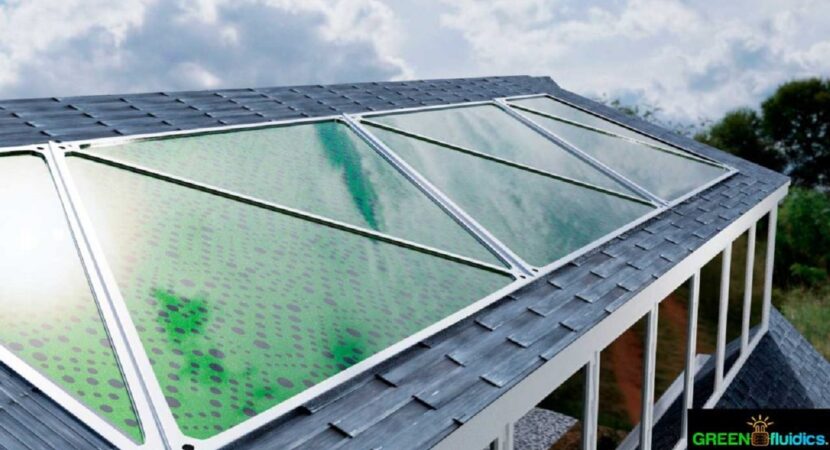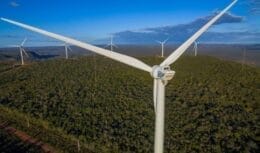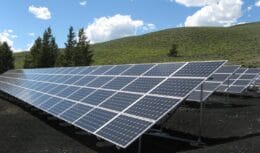
The Mexican startup Greenfluidics has developed new solar panels based on algae that, in addition to revolutionizing the renewable market, will manage to preserve the environment
A Mexican company specializing in renewable energy, Greenfluidics, has developed an innovative technology, a solar panel capable of generating renewable energy through algae, which removes carbon dioxide Co₂ from the air. The solar panel is based on one of the most essential organisms on earth, algae, with the merit of producing more than half of the planet's oxygen.
Algae-based solar panel could reduce high electricity bills and boost renewable energy market
The algae-based solar panel consists of two video cards, containing an aqueous solution enriched with recyclable Co₂ nanoparticles, where the algae are immersed. The solar panel works by consuming Co₂ and returning biomass for extracting fertilizers and also renewable energy through a thermoelectric generator.
The biomass produced from algae can be extracted and reprocessed as biofuel, becoming an alternative source of energy for a building or even for the electric car segment.
The technology of nanoparticles found in the solar panel increases the thermal conductivity of the system, contributing to the generation of renewable electrical energy without excessive heating during the summer period.
Sustainability through algae
According to the Mexican startup, a small amount of algae can capture more or less 1 kg of Co₂. This whole idea of sustainability is allied to its look, which aims to attract architects with modern tastes.
However, the solar panel it is still an abstract idea. The company's scientists fear that production is very costly, jeopardizing its popularization.
Considered the third largest generation of biofuels, algae-based energy production can be a great alternative to replace fossil fuels. Having a more efficient performance than soybeans and other common raw materials, algae practically do not harm the environment.
The growth of the renewable energy market
Last year, the renewable energy sector held up remarkably. Rapid advances in technology and decreasing costs of renewable energy resources, along with increasing competitiveness in battery storage, have made renewable energy one of the most competitive energy sources in many areas.
Many states, cities, and utilities have created ambitious goals regarding renewable energy, raising renewables chain standards and declaring energy storage procurement mandates.
The growth of renewable energy in the world is continuous, as the population's concern about climate change and support for environmental, social and governmental issues grow and the demand for renewable energy sources increases in most segments.
The current scenario of renewable energy in Brazil has been gaining strength and the numbers impress specialists and investors in the national and international market. In a period of 10 years, renewable energy in Brazil grew by around 30%, which defines more than 40% of the entire energy matrix in the country. This presence is even greater if we consider only electrical energy, which in total is more than 80%, compared to the world index which is approximately 20%.













The Brazilian Navy changes and changes…
I’m Brazilian and for me a…
Excellent Education Required
The report posted on this site does not have…
The article is about a mineral found in…
The article is about a mineral found in…
volts is trying for judicial recovery,…
I like the type of subject…